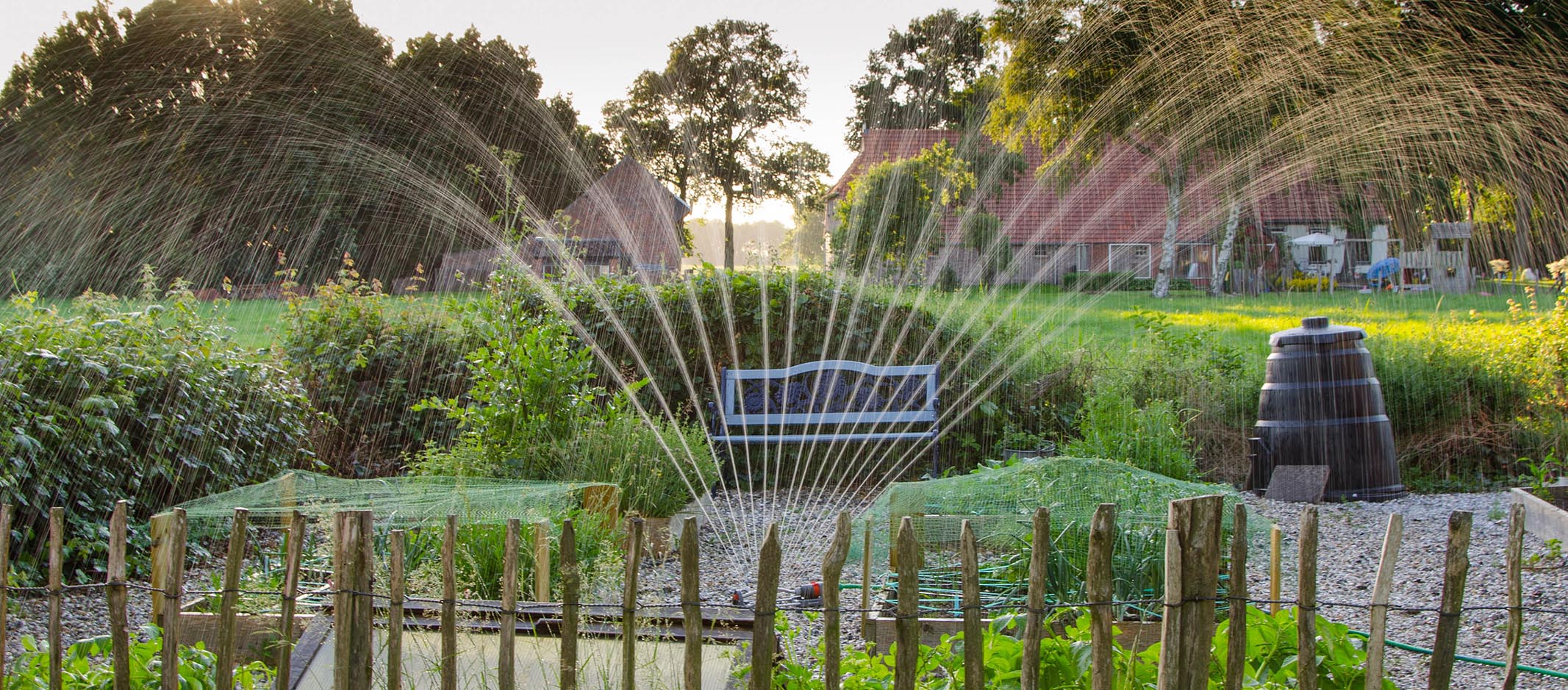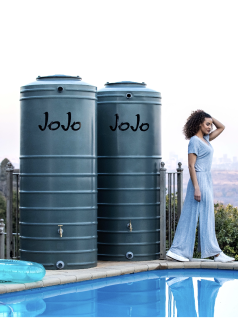As the environment continues to be affected by issues such as climate change, pollution and the declining availability of natural resources, it is more important than ever to consider making drastic changes to the way we live, consume and interact with our planet.
One such change is switching from a traditional linear economic model to a much more sustainable circular economy.
What is a circular economy?
A circular economy aims to redefine growth by focusing on society-wide benefits. It entails gradually separating economic activity from the consumption of finite resources, ultimately designing waste out of the system.
Simply put, a circular economy means preventing waste by making products and materials more efficiently and reusing them. If new raw materials are needed, they must be obtained sustainably, so that the natural and human environment is not damaged.
This is as opposed to a linear economy, where raw materials are used to make a product and, after its use, any waste is thrown away.
Underpinned by a transition to renewable energy sources, the circular model is based on three principles:
- Design out waste and pollution
- Keep products and materials in use
- Regenerate natural systems
What are the benefits of a circular economy?
According to many experts, a circular economy is our best chance to live within the bounds of the Earth’s capacity.
The four key benefits of the circular model are:
- The creation of new green industries and jobs
- Reduced dependence on the importation of raw materials
- The avoidance of environmental damage caused by resource extraction
- Less pollution entering the earth’s life support systems.
Although the adoption of the circular economy is still in its infancy in South Africa, there are success stories where, through innovation, new business streams and even new industries are being introduced.
At the end of the day, to transition to a circular economy and unlock its benefits, we all need to push for change and show government and industry that a circular economy is the future.
While we may not think we can make much of an impact as individuals, change starts with the little decisions we make every day. This could include recycling our rubbish or making a commitment to be smarter with our water use – all ways to help push the economy in a circular motion.
JoJo has a wide range of water storage, rainwater harvesting and water filtration products to help you save water and contribute to a more sustainable society. Explore the range, or visit your nearest JoJo retailer.
Sources:
https://www.ellenmacarthurfoundation.org/circular-economy/concept
https://www.wastewiseproductsinc.com/blog/sustainability/4-benefits-of-a-circular-economy/
https://www.government.nl/topics/circular-economy/from-a-linear-to-a-circular-economy
https://www.government.nl/topics/circular-economy/from-a-linear-to-a-circular-economy



